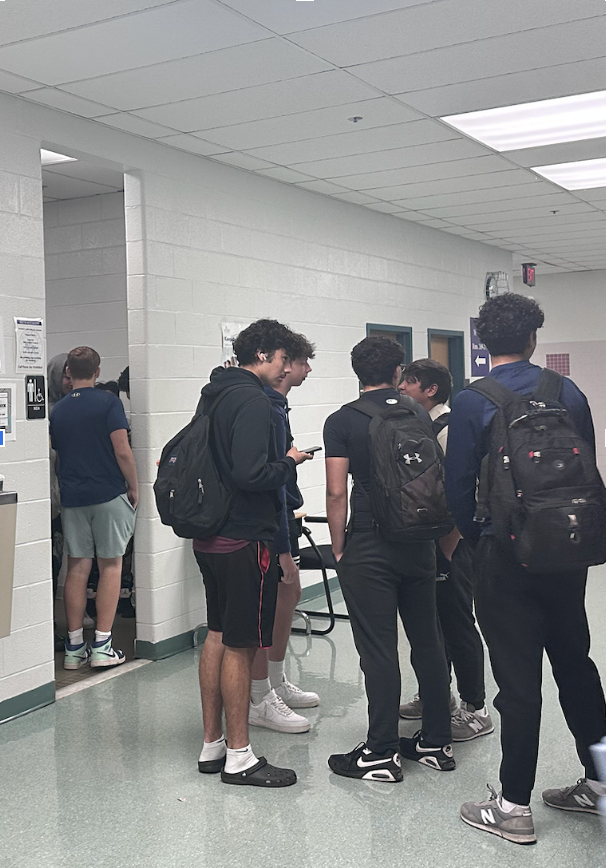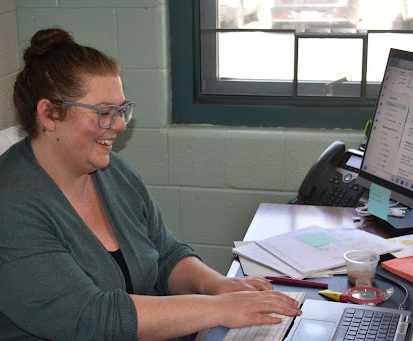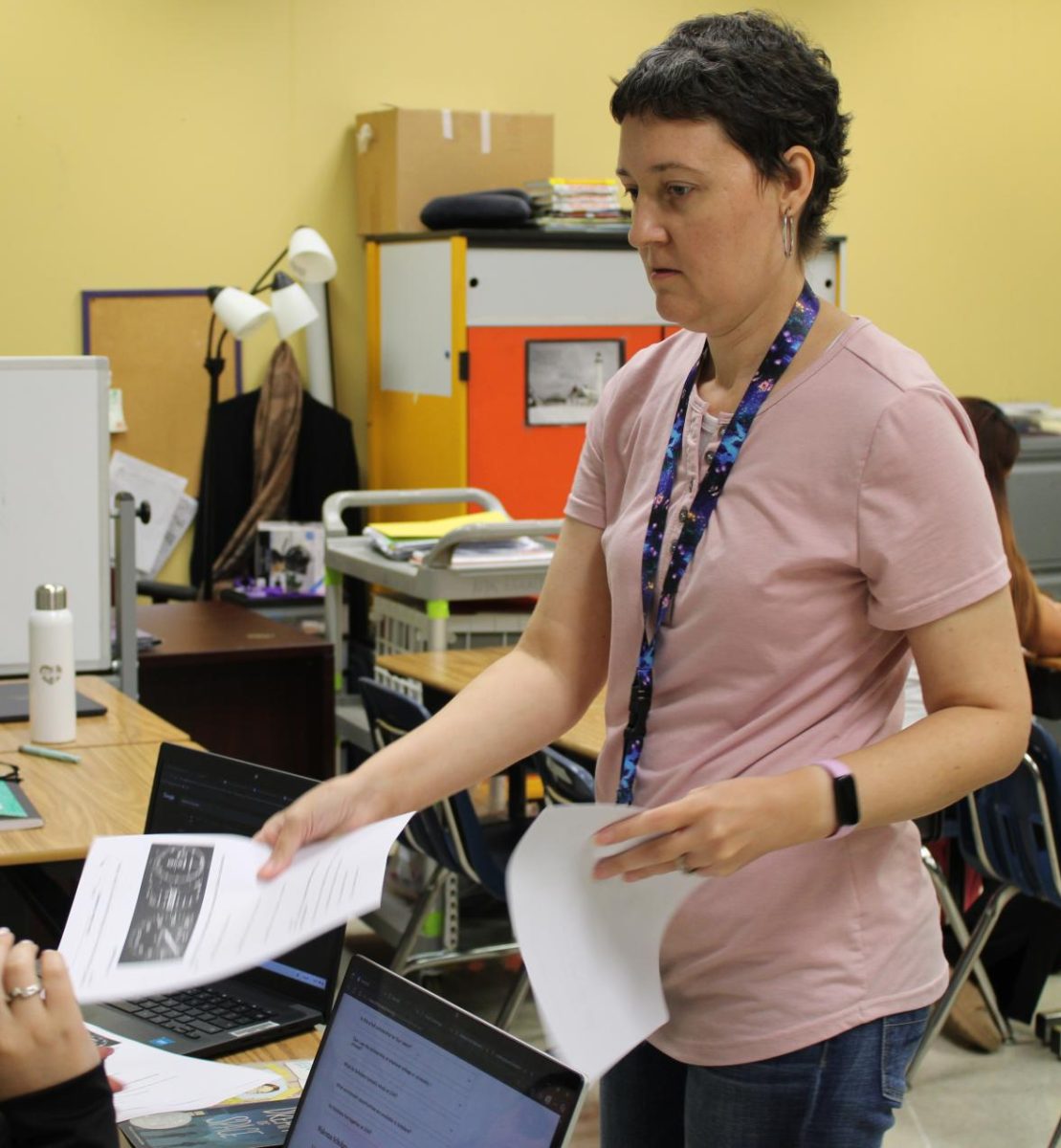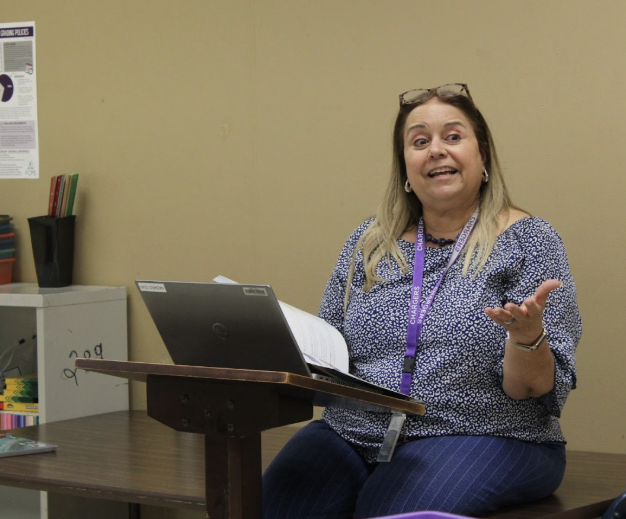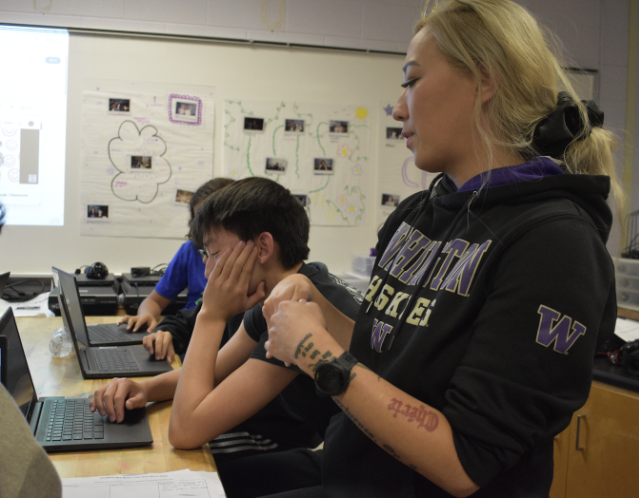Rinnnggg. The school bell sounds as students make their way to classes, but right around the corner of multiple hallways are long lines of students waiting to use the bathroom. The school hasn’t introduced any new bathroom policies this year, but the enforcement of policies has become stricter.
According to math teacher John King, with many students caught vaping and hanging out in the bathroom during classes last year, administration has set extra efforts to prevent these events from happening.
E-hallpasses are required to travel anywhere around the school and teachers now require students to remain in class for the first and last 10 minutes of each period. According to assistant principal Jihoon Shin, administration has assigned more teachers to hall duty in an effort to stop students from leaving the school.
“With hall duty, I have a little station and I stand in front of the bathroom and greet everybody like a Walmart greeter,” King said. “If they’re going to vape and stuff like that, I can’t stop it, but it takes the bolder ones to do that.”
While some teachers believe these policies are beneficial, some students have been saying that having both e-hallpasses and hall monitoring is unnecessary and over-the-top.
“Especially with monitoring around the school, e-hallpass is unnecessary and just makes the whole process of going to the bathroom much more complicated than it needs to be,” sophomore Nadiya Vandrapu said. “By the time you take out your computer, log in, sign into your teacher’s class and which bathroom you’re going to, you could have just gone to the bathroom and come back.”
In addition to stricter bathroom policies, the school has lengthened its passing periods to eight minutes. But even with the longer passing periods, when taking a stop to the bathroom, students are tardy to class.
“Because the lines are so long, you lose almost all of your time just to wait to use the bathroom,” Vandrapu said. “I think the 10- minute policy definitely pressures students to rush the bathroom before class and it completely contradicts the eight minute passing periods; the 10-minute policy only makes the lines longer because no one can use the bathroom at the end of class.”
In addition, many teachers have been strictly enforcing the 10-minute policy, marking students absent after the bell rings, forcing students to decide between using the bathroom and being on time.
“If I wait in line for the bathroom, I’ll be late for class, and if I stop by my classroom and submit an e-hallpass, the teachers won’t let me go because I probably won’t be able to return by the start of class because of the long lines,” sophomore Carrie Chia said. “I have to make a decision by asking myself if I can wait for 10 minutes to use the bathroom, which I think isn’t right because people should be able to use the bathroom when they need to.”
Teachers struggle to imagine what the bathroom policies for the next school year will look like, if even after enforcing stricter policies, students decide not to be responsible for their actions.
“So it’s some of the in-between kids, the kids that aren’t accountable, you’re trying to get to, so I think I don’t see it becoming any stricter,” King said. “Because where do we go from here?”


